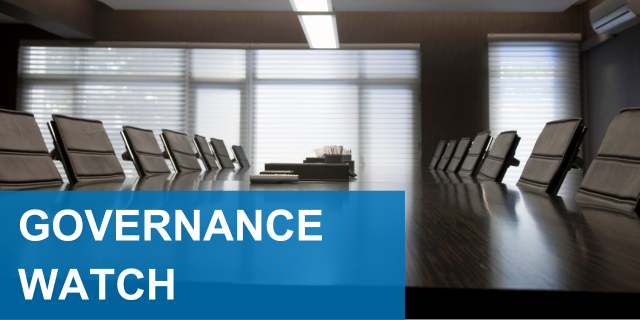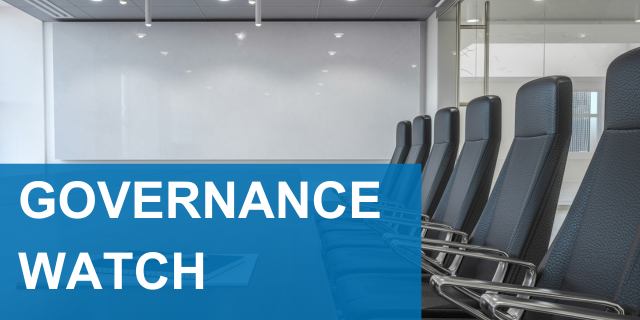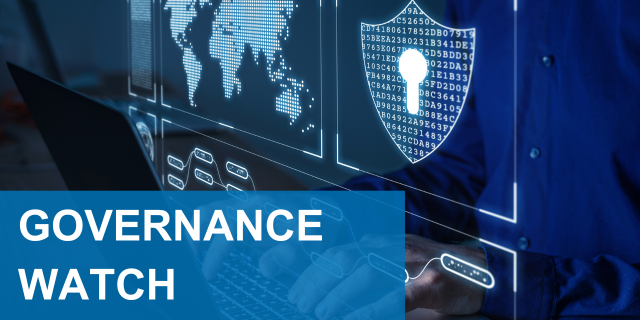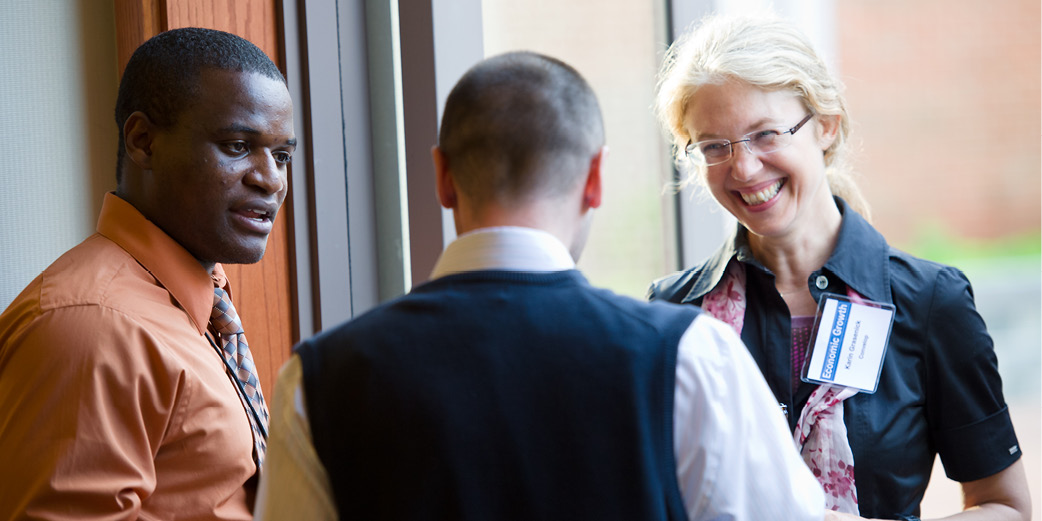Press Release
Report: As Social Challenges Intensify Due to COVID-19, Companies Can Help Through Disaster Response Programs
2020-12-17
A new report by The Conference Board outlines how companies can strengthen their philanthropy programs to respond to natural disasters – from the COVID-19 pandemic to hurricanes, earthquakes, and fires. Among the findings, companies are shifting their resources from disaster relief to preparedness. As they do so, companies have an opportunity to mitigate the disparate impact that natural disasters have on disadvantaged communities.
These findings and more are from Disaster Philanthropy Practices: 2020 Edition. The report presents findings from a survey of more than 100 corporate citizenship professionals and draws upon additional research conducted by The Conference Board.
Select findings from the new report include:
While most funding is allocated to relief, many companies are prioritizing disaster preparedness.
- While relief continues to be the response of choice for companies, preparedness now ranks second, moving up from fourth in the 2019 edition of this report.
“Looking ahead, we expect the transition from relief to preparedness to accelerate,” said Robert Schwarz, Senior Researcher at The Conference Board ESG Center. “This shift is being driven by the increased frequency, intensity, and magnitude of natural disasters, along with companies seeing that preparedness can be more cost efficient than relief.”
Companies’ involvement in disaster philanthropy is mainly driven by their commitment to corporate citizenship and local communities. Those priorities were cited by 61 percent of respondents.
- By comparison, 19 percent said their company’s involvement in disaster philanthropy is driven by an expectation set by their CEO and/or business units.
- Just 12 percent view it as an expectation set by their employees.
“Much like Hurricane Katrina 15 years ago, the COVID-19 pandemic has—on a much larger scale—highlighted the disparate impact that natural disasters can have,” said Paul Washington, Executive Director of The Conference Board ESG Center. “Companies should consider incorporating an assessment of the impact a disaster has on disadvantaged populations into their disaster response protocols. They should also consider how they can partner with local organizations devoted to economic, health, and racial equality in planning for, and responding to, natural disasters.”
Due to COVID-19 related restrictions, much of the workforce will likely continue volunteering virtually for an extended period.
- Many companies have been or are transitioning to virtual volunteering. However, research from The Conference Board shows that opportunities are insufficient to meet employee demand, especially when it comes to skills-based programs.
- Companies will want to continue to innovate in response to these challenges, including developing more skills-based virtual volunteering programs that align employees’ areas of expertise with nonprofit/NGO partners and other entities dedicated to responding to disasters.
“Virtual volunteering programs can be designed to enable employees to help not just with immediate relief efforts, but also with the other phases of disaster preparedness, recovery, and rebuilding,” noted Jeff Hoffman, Leader of The Conference Board Corporate Citizenship & Philanthropy Institute. “Virtual volunteering not only supports the shift of corporate disaster philanthropy toward preparedness, but also enables more employees to volunteer, deepens the company’s involvement in disaster philanthropy on an ongoing (not just periodic) basis, and increases the impact of the company’s efforts.”
An increasing number of companies will likely seek to collaborate more with each other, given the challenges disaster response programs are facing – especially during this pandemic.
- The skills, expertise, and capacity that multiple partners bring can increase the scale and scope of any individual company’s response. The case for such collaboration is strengthened by the increased frequency and severity of natural disasters, and it can go hand-in-hand with the shift toward disaster preparedness.
Media Contact
About The Conference Board
The Conference Board is the member-driven think tank that delivers Trusted Insights for What’s Ahead®. Founded in 1916, we are a non-partisan, not-for-profit entity holding 501 (c) (3) tax-exempt status in the United States. www.conference-board.org
For further information contact:
Joseph DiBlasi
781.308.7935
JDiBlasi@tcb.org













